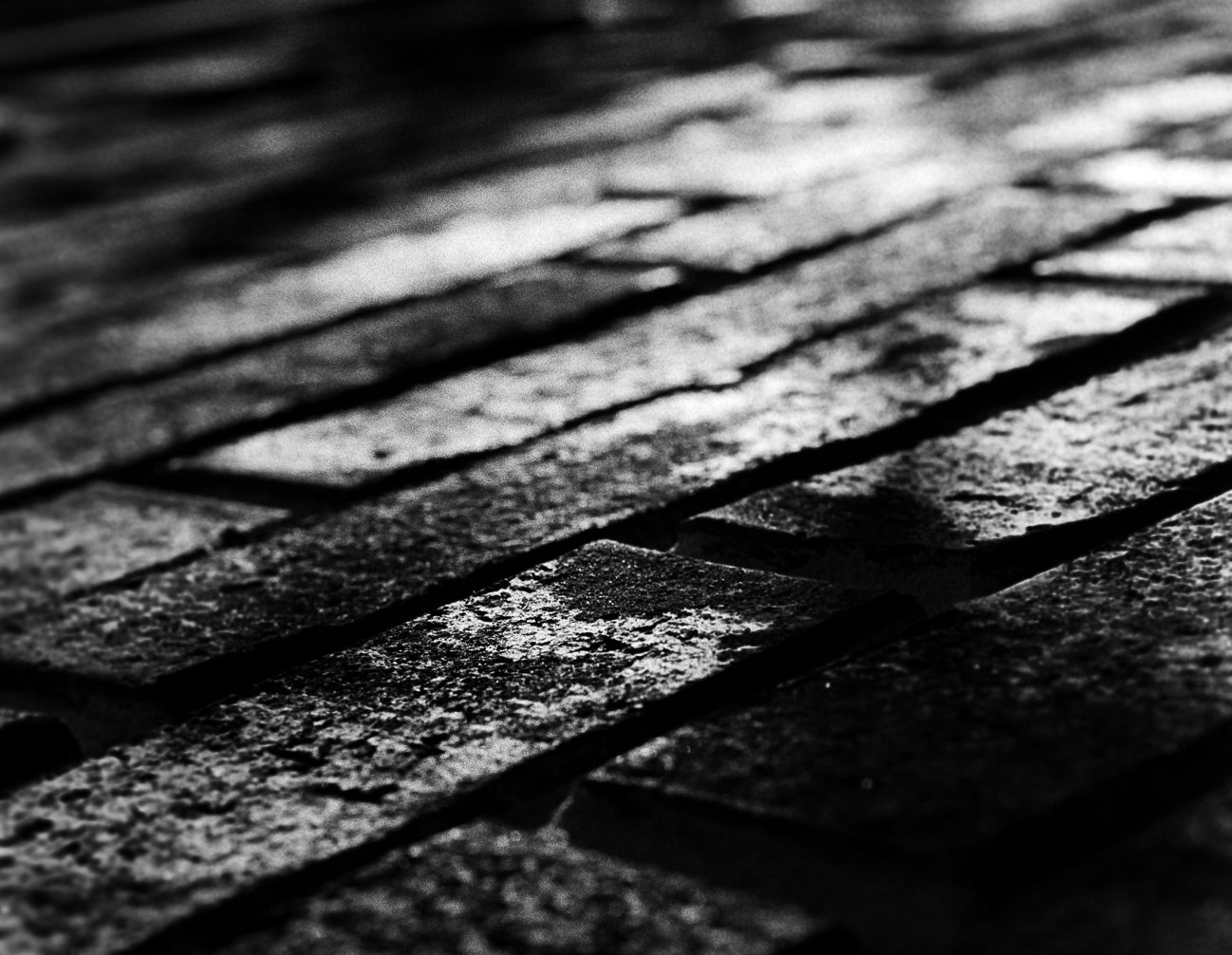This is a question I have thought about ever since I started getting into vinyl. Hipsters often make the (wrong) argument that digital produces stair-stepped sound and that’s why vinyl sounds better since it’s a continuous wave. That argument drives me nuts because it is, in large part, wrong. Modern digital audio converters (DACs) take the stair-stepped samples and interpolate them into a continuous sound. Better DACs obviously do that job better, but that argument is not why vinyl is superior.
In fact, in my own quest for the answer as to which is better (which is often subjective anyway), I have often found arguments that suggest the CD is superior. I’m not so sure myself but that argument will probably rage on ad infinitum. What I do often wonder which I have not found much information on, is how vinyl and digital differs when it comes to dynamic range. CDs, arguably, have a larger dynamic range but one potential gotcha is that lower volumes are represented with fewer bits. A sine wave at 1/8th volume can be represented in 8192 steps. 1/16th 4096, and so on. That might not sound so bad, but complex sounds like drums could be affected.
A say could because I don’t actually know the answer. My hypothesis is that lower volumes produce lower clarity for digital. Arguably, the same could be said for vinyl – I’m just not sure where those differences lie. I’m also not convinced I might find my answer on the Interwebz given the vinyl versus digital argument is so deep-seeded and, in some cases, almost religious.
Regardless, I still think offering audio with 16-bits is just not enough. Adding a mere extra byte per sample increases the range from 65536 to 16.7 million. Going past that, along with using floating point representation, can give an incredible amount of potential detail for a digital work. Granted, I would probably still listen to vinyl anyway because it’s more enjoyable for different reasons apart from sound.
And it may not matter anyway if mastering engineers continue to destroy digital releases via dynamic range compression. Having all that potential clarity and dynamic range is useless if all one is going to do is brickwall. That is, perhaps, the single largest reason for why vinyl sounds better to me than digital. Older works were mastered via an analog process with less compression. And those sound absolutely wonderful! Most modern vinyl releases at least have less dynamic range compression so even if they were mastered on a digital process, at least there is more nuance.
*shrug*
